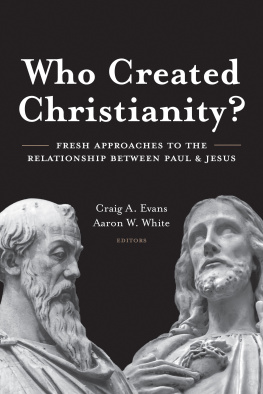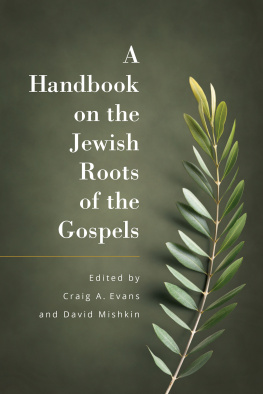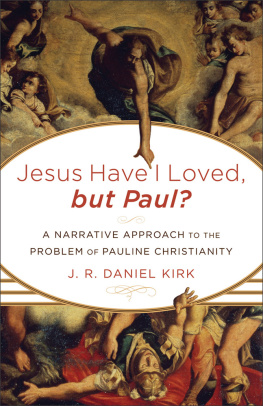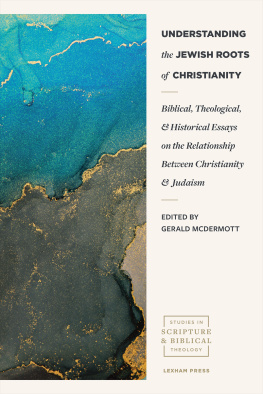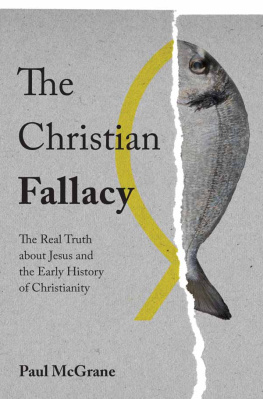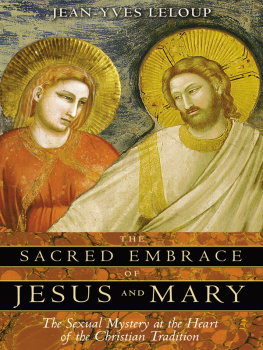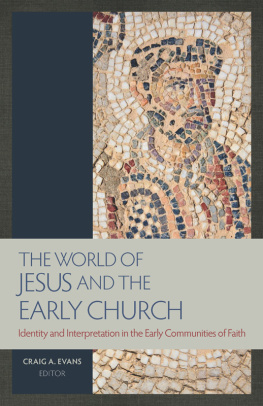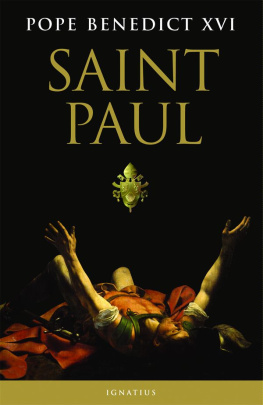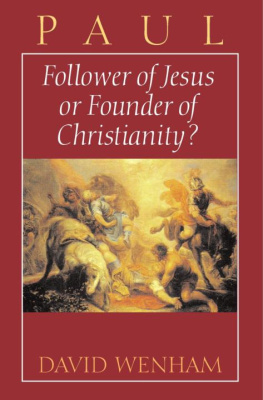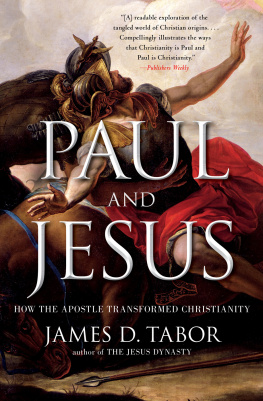Craig Evans - Who Created Christianity?: Fresh Approaches to the Relationship Between Paul and Jesus
Here you can read online Craig Evans - Who Created Christianity?: Fresh Approaches to the Relationship Between Paul and Jesus full text of the book (entire story) in english for free. Download pdf and epub, get meaning, cover and reviews about this ebook. year: 2021, publisher: Hendrickson Publishers, genre: Religion. Description of the work, (preface) as well as reviews are available. Best literature library LitArk.com created for fans of good reading and offers a wide selection of genres:
Romance novel
Science fiction
Adventure
Detective
Science
History
Home and family
Prose
Art
Politics
Computer
Non-fiction
Religion
Business
Children
Humor
Choose a favorite category and find really read worthwhile books. Enjoy immersion in the world of imagination, feel the emotions of the characters or learn something new for yourself, make an fascinating discovery.
- Book:Who Created Christianity?: Fresh Approaches to the Relationship Between Paul and Jesus
- Author:
- Publisher:Hendrickson Publishers
- Genre:
- Year:2021
- Rating:5 / 5
- Favourites:Add to favourites
- Your mark:
Who Created Christianity?: Fresh Approaches to the Relationship Between Paul and Jesus: summary, description and annotation
We offer to read an annotation, description, summary or preface (depends on what the author of the book "Who Created Christianity?: Fresh Approaches to the Relationship Between Paul and Jesus" wrote himself). If you haven't found the necessary information about the book — write in the comments, we will try to find it.
Who Created Christianity? is a collection of essays by top international Christian scholars who desire to reinforce the relationship that Paul had with Jesus and Christianity.
There is a general sense today among Christians in certain circles that Pauls teachings to the early Christian church are thought to be rogue, even clashing at times with Jesus words. Yet these essays set out to prove that the tradition that Paul passes on is one received from Jesus, not separate from it.
The essays in this volume come from a diverse and international group of scholars. They offer up-to-date studies of the teachings of Paul and how the specific teachings directly relate to the earlier teachings of Jesus. This volume explores with even greater focus than ever before the tradition from which Paul emerges and the specific teachings that are part of this tradition. This collection of essays proposes a complementary work to the work of David Wenham and his thesis that Paul was indeed not the founder of Christianity or the creator of Christian dogma; instead he was a faithful disciple and a conveyer of a prior Christian tradition.
Key points and features:
Includes essays by well-known Christian scholars such as Craig Blomberg, Alister McGrath, N. T. Wright, Michael Bird, Greg Beale, and more.
CONTRIBUTORS:
1. Paul and Jesus: Issues of Continuity and Discontinuity in Their Discussion by Stanley E. Porter
2. How and Why Paul Invented Christian Theology by N. T. Wright
3. The Origins of Pauls Gospel by Graham H. Twelftree
4. When Paul Met Jesus: How an Idea Continues to Be Lost in History Past and Present by Stanley E. Porter
5. Paul and the Jesus Tradition: An Old Question and Some New Answers by Rainer Riesner
6. Continuity and Development in the Ministries of Jesus and of Paul by Christoph W. Stenschke
7. Pauls Significant Other in the We-Passages by Joan E. Taylor
8. Whose Gospel Is It Anyway? The Glory of Christ in the Prophetic Ministry of Paul according to His My Gospel and Our Gospel by Aaron W. White
9. David Wenham, The Little Apocalypse, Pauland Silas by Bruce Chilton
10. The Parallels between 1 and 2 Thessalonians against the Background of Ancient Parallel Letters and Speeches by Armin D. Baum
11. Metanoia: Jesus, Paul, and the Transformation of the Believing Mind by Alister McGrath
12. You Would Not Believe If You Were Told: Eschatological Unbelief in Early Christian Apologetics by Peter Turnill
13. Paul on Food and Jesus on What Really Defiles: Is There a Connection? by Craig A. Evans
14. Gospel Women Remembered by Sarah Harris
15. Women in the Pauline Epistles: Lessons from the Jesus Tradition by Erin Heim
16. Twelve Theses on Matthew and Paul: The Jewish Gospel and the Apostle to the Gentiles by Michael F. Bird
17. Paul and the Paternoster: Some Mainly Matthew Observations about a Pauline Prayer by Nathan Ridlehoover
18. The Rediscovery of David Wenhams Rediscovery: Reflections on a Pre-Markan Eschatological Discourse Thirty-Six Years on by Craig Blomberg
19. Portraits of Jesus and Paul through the Lukan Lens by Steve Walton
20. Every Sin That a Person Commits Is Outside the Body (1 Corinthians...
Craig Evans: author's other books
Who wrote Who Created Christianity?: Fresh Approaches to the Relationship Between Paul and Jesus? Find out the surname, the name of the author of the book and a list of all author's works by series.

